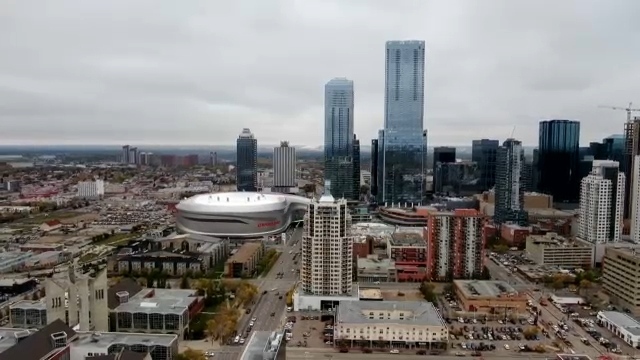kcantor
Senior Member
and why not?Let's try to keep it a "choice" -- we don't need a Toronto or a Vancouver "experience".
as much as i love edmonton, we do nothing here that is not done elsewhere in the world. we do the odd thing better and we do the odd thing worse but for the most part we muddle along in the middle taking inordinate lengths of time to achieve mediocre results at best.
i think one of the reasons for that is this strange penchant to pursue “made in edmonton” solutions instead of pursuing and happily plagiarizing the best solutions regardless of where they originate from.
there are many “experiences” in toronto and vancouver - and london and paris and singapore and barcelona and amsterdam and new york et al - that i would love to see in edmonton.
are there are also many mistakes and experiences elsewhere to avoid? absolutely. but that kind of parochial approach ultimately means we we will doomed to repeat their mistakes at a much higher rate than we will replicate their successes, particularly if we avoid their successes simply because we don’t want their experiences.
if it’s a good experience, we should be stealing it in a heartbeat. just like we did with the fringe…
Last edited:





